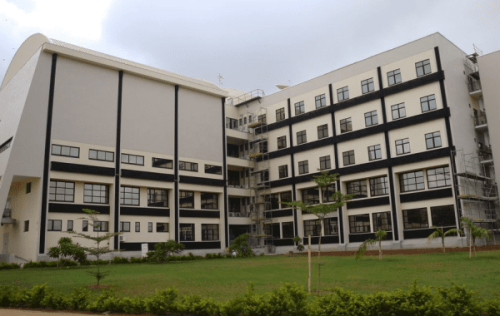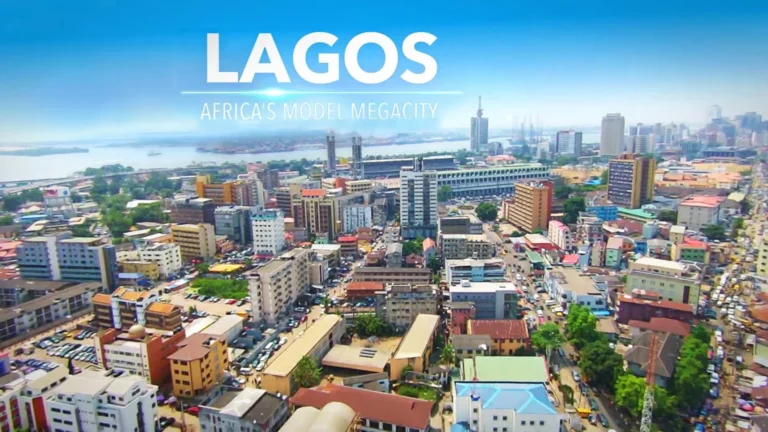Federal Capital Development Authority (FCDA) Abuja: Quick Facts
Established in 1976 by Decree (Act) No. 6, the FCDA is entrusted with overseeing the infrastructural and physical development of the new Federal Capital Territory (FCT) of Nigeria. Its mandate spans urban planning, infrastructure development, environmental management, and public service provision, aiming to uphold global standards for capital cities.
Mandate and Responsibilities
Under the Federal Capital Territory Administration (FCTA), FCDA plays a pivotal role in Abuja’s development.
- Urban Development Standards Revision: Continuously updating and enhancing development standards across the Federal Capital City (FCC) and other urban centers within the FCT.
- Application Processing: Evaluating and processing development applications to ensure compliance with regulatory frameworks.
- Change of Land Use: Managing requests for land use changes within designated development areas to optimize urban space.
Infrastructure and Public Services
FCDA oversees the construction and maintenance of critical infrastructure, including roads, bridges, water supply systems, and utilities. Additionally, it provides essential public services such as waste management, sanitation, and transportation to enhance urban functionality and resident quality of life.
Environmental Conservation and Sustainability
Aligning with global sustainability goals, FCDA implements initiatives to conserve Abuja’s environment. These efforts focus on biodiversity preservation, improving air and water quality, and promoting eco-friendly practices among residents and businesses.
Community Engagement and Stakeholder Collaboration
The FCDA promotes inclusive governance through community engagement and stakeholder collaboration. Public consultations and partnership initiatives enable residents, civil society organizations, and the private sector to contribute to Abuja’s development agenda and address emerging challenges.
Future Prospects and Challenges
Despite challenges like rapid urbanization and infrastructure deficits, FCDA remains committed to steering Abuja toward sustainable development. Strategic planning, innovative solutions, and collective efforts are key to overcoming these challenges and ensuring Abuja’s prosperity.
Get In Touch
- Address: No. 8 Ayangba Street, Area 11, Garki Abuja
- Email: [email protected]
- Instagram: @official_fcda
- Website: www.fcda.gov.ng
Frequently Asked Questions About FCDA Abuja
1. What is FCDA Abuja?
FCDA, or the Federal Capital Development Authority, is the primary agency responsible for the planning, development, and management of Abuja, Nigeria’s capital city.
2. When was FCDA established?
FCDA was founded in 1976 to oversee the development of Abuja as Nigeria’s new capital city.
3. What are the main responsibilities of FCDA?
FCDA’s responsibilities include urban planning, land administration, infrastructure development, environmental management, and public services within the Federal Capital Territory (FCT) of Abuja.
4. How does FCDA contribute to Abuja’s development?
FCDA plays a crucial role in shaping Abuja’s urban landscape through strategic planning, infrastructure projects, environmental conservation efforts, and community engagement initiatives.
5. What is FCDA’s approach to urban planning?
FCDA adopts a comprehensive approach to urban planning, focusing on sustainable development, balanced land use, infrastructure provision, and the preservation of Abuja’s natural and cultural heritage.
Key Takeaway
FCDA Abuja plays a crucial role in shaping the capital’s urban landscape and development trajectory through comprehensive planning, infrastructure projects, environmental stewardship, and inclusive governance practices.






